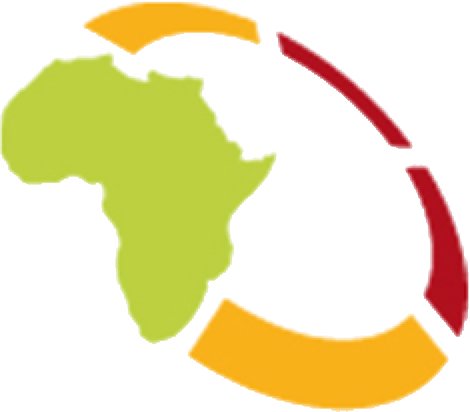About ICT Task Force
The ADEA Secretariat created the Task Force on ICT in late 2011. At the outset, the Task Force membership consisted of representatives of education ministries (Burkina Faso, Mauritius, Mozambique, Namibia, Senegal, South Africa, Tunisia), development partners (AVU, COL, GESCI, OIF, UNESCO), as well as technological experts and firms operating in Africa (Smart Technologies, the network Energie TIC pour l’Education, etc.).
Its mission was to develop a shared understanding and build a shared vision concerning ICT and how it can make an effective, relevant contribution to improving the accessibility and quality of African education and training systems; and hence, to provide a framework for policy dialogue and what emerges from it on:
- How ICT can make a cross-sectoral contribution to the overall theme of the 2012 Triennale (Ouagadougou, February 2012): Promoting critical knowledge, skills and qualifications for the sustainable development of Africa: how to design and implement an effective response by education and training systems?
- The place of ICT in sectoral education and training policies, so that it contributes effectively to the construction of human resource development systems in Africa that can meet today’s challenges and support sustainable development policies.
Following the 2012 Triennale, a number of new members joined the Task Force: representatives of the education ministries of Côte d’Ivoire and Ghana, representatives of the Gérin-Lajoie Foundation, Intel, Korea Education & Research Information Service (KERIS), and the Education for All in Africa Network.
The consultations and the discussions during the Triennale highlighted the following points:
- There is a widespread consensus among African decision-makers on the need to integrate ICT into education and training.
- Integration of ICT is crucial to bringing about the paradigm shift needed to transform education and training systems so that they move toward a holistic approach that supports the sustainable development of Africa.
- Africa possesses a mass of knowledge and innovative practices that can serve to inspire other initiatives and to inform ICT integration policies. This has, moreover, allowed some African countries to develop, at various levels, national policies and actions plans for the integration of ICT in education and training.
- The relevance and effectiveness of policies on integration of ICT in education and training in Africa depend on these policies’ capacity to move the levers of change, namely:
- strategic and operational planning of the integration of ICT in education and training in Africa;
- training of the personnel who are the main vectors of change: administrators, inspectors, teachers and trainers;
- the availability of digital resources.



